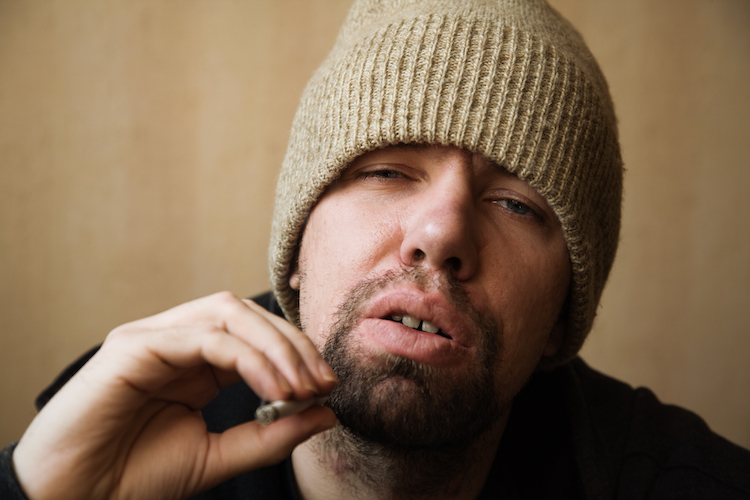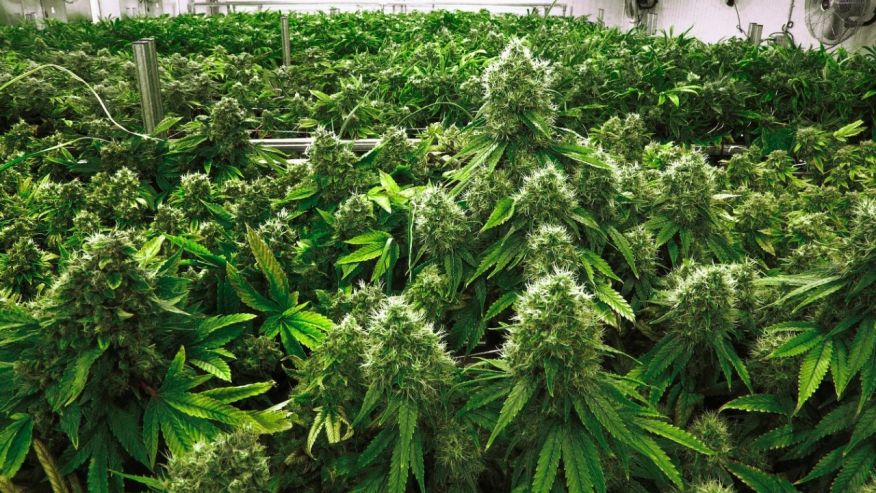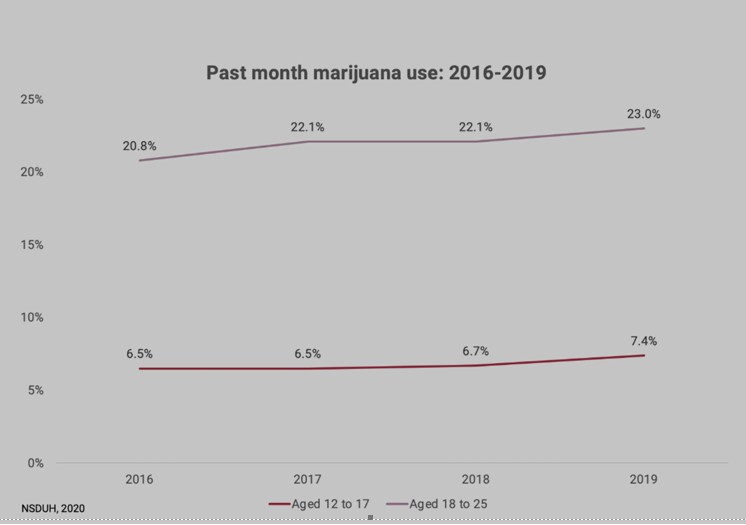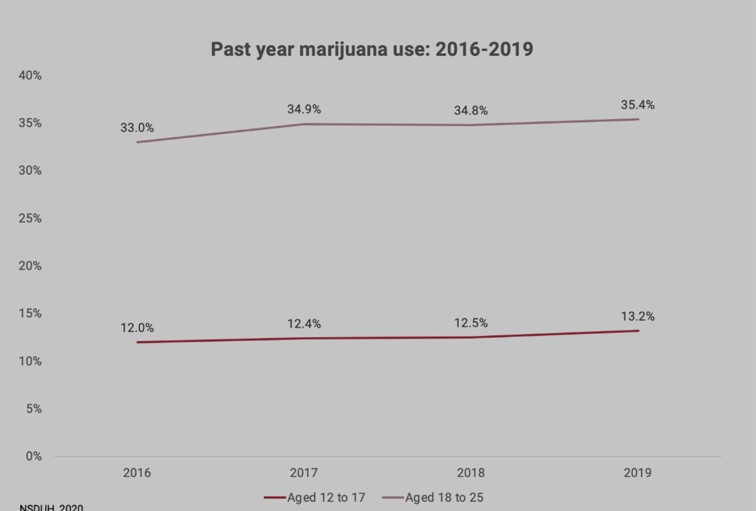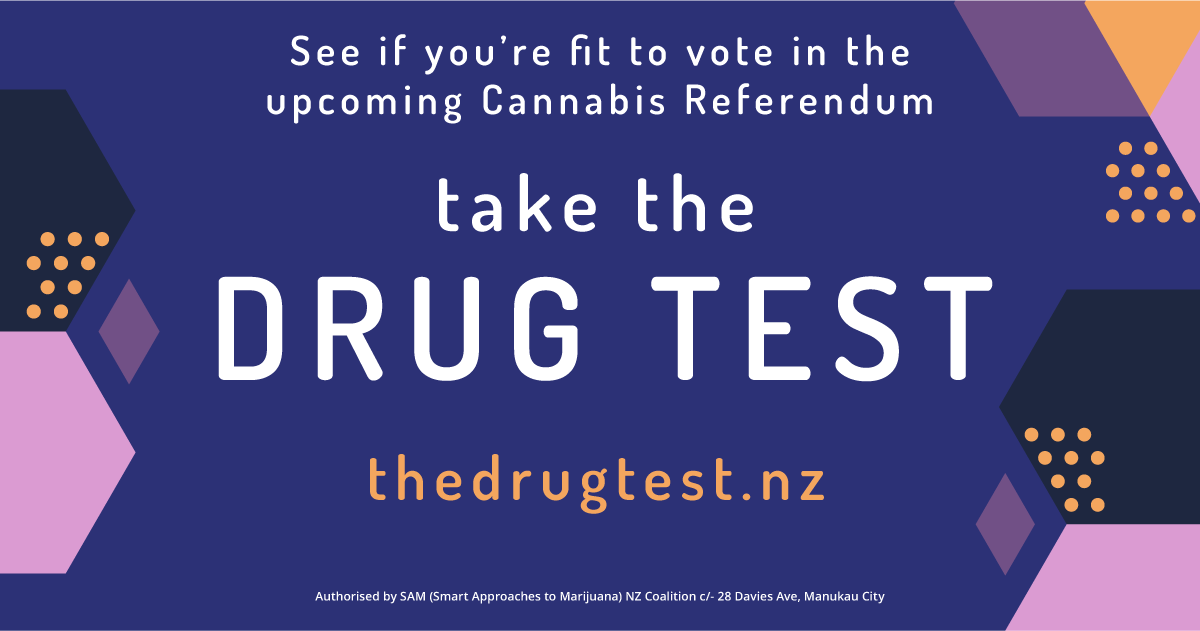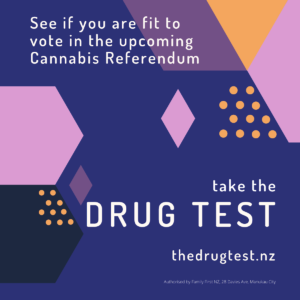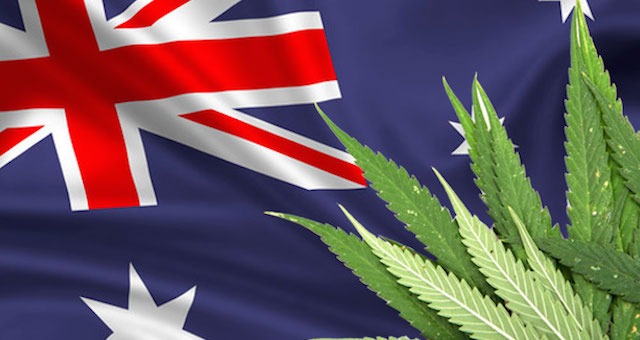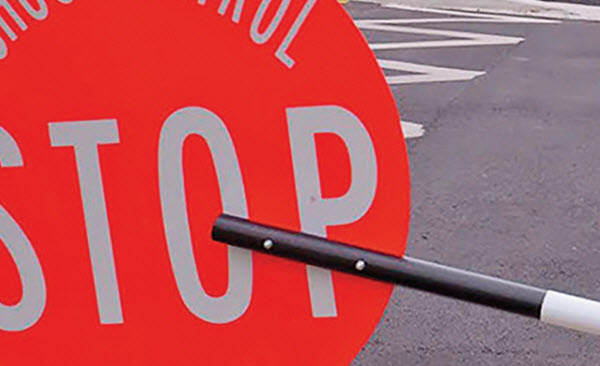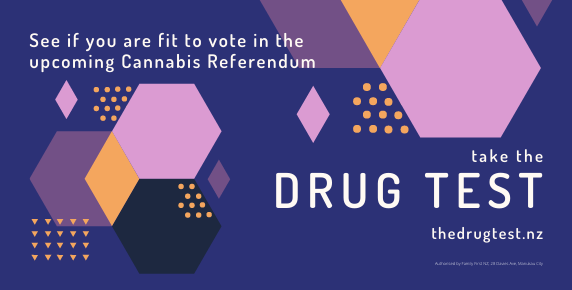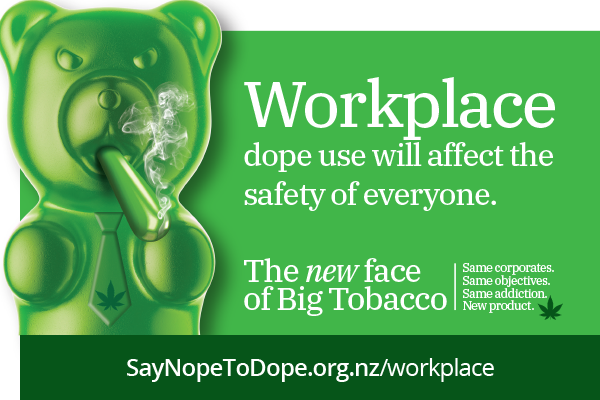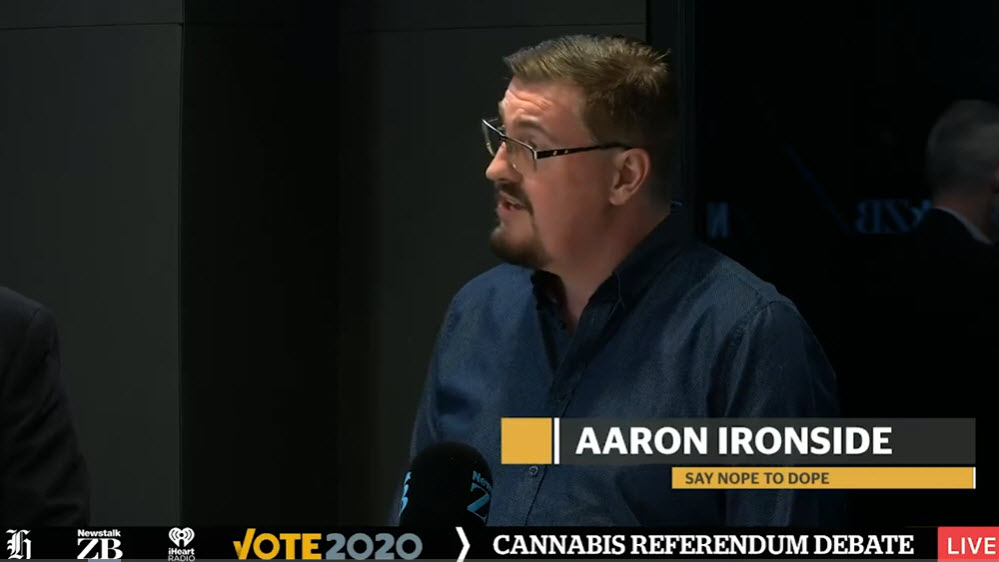
NewsTalk ZB 16 September 2020
Our additional comment: Superb work by spokesperson Aaron Ironside. (We almost felt sorry for the other side 🙂 )
“Say Nope To Dope spokesman Aaron Ironside said youth use would rise simply because “it will be everywhere”. He added that it would also be advertised on social media, even though the proposed law explicitly bans advertising. “The social media world is more agile than we are anticipating. SnapChat images appear and disappear – this is an impossible thing to police.” Police Association president Chris Cahill said it was “nearly impossible” to get thrown in jail for use/possession of cannabis. He said most cops were against legalisation because of the harm they’ve seen, especially in rural, deprived communities.”
Exactly!
Whether young people would use more cannabis was a hot topic during a debate tonight on the October 17 referendum to make recreational cannabis legal.
Police Association president Chris Cahill said that education was key to turn young people off cannabis, and it had previously worked to make methamphetamine a “dirty drug” before Government money dried up during the GFC and “we lost a generation”.
Drug Foundation executive director Ross Bell said a key part of the controls that legalisation would bring were the hundreds of millions of dollars to be used for education and health services.
But Say Nope To Dope spokesman Aaron Ironside said youth use would rise simply because “it will be everywhere”.
He added that it would also be advertised on social media, even though the proposed law explicitly bans advertising.
“The social media world is more agile than we are anticipating. SnapChat images appear and disappear – this is an impossible thing to police.”
Cahill, Bell, Ironside and Associate Professor of Law Khylee Quince debated the merits and demerits of legalisation tonight in a Herald-ZB debate hosted by Newstalk ZB’s Heather du Plessis-Allan.
Ironside said a legal market that made it harder for young people to get weed would lead to gangs competing for the youth market.
That would see prices drop, and youth use would rise, he said.
WATCH & READ MORE: https://www.newstalkzb.co.nz/on-air/heather-du-plessis-allan-drive/audio/vote-2020/vote-2020-nzme-cannabis-referendum-debate/
Watch: Should NZ legalise cannabis for personal use?
Election 2020: The pros and cons of legal cannabis to be debated
NZ Herald 16 September 2020
The arguments for and against legalising cannabis for personal use are at the centre of tonight’s debate about next month’s referendum.
Hosted by Newstalk ZB’s Heather du Plessis-Allan, the debate features Drug Foundation executive director Ross Bell, Associate Professor of Law Khylee Quince – who is a member of the expert panel of the PM’s chief science adviser’s expert panel on cannabis, Police Association president Chris Cahill, and Say Nope to Dope spokesman Aaron Ironside.
Cahill said police will follow whatever the public decide, but he warned that without the right price or the right THC (the psychoactive ingredient) level, users would simply stick to the black market.
Ironside argued that youth use would increase under legalisation simply because “it will be everywhere”, but Bell and Cahill both cited Canada, where youth use fell – official statistics which Ironside challenged.
WATCH & READ MORE: https://www.nzherald.co.nz/nz/news/article.cfm?c_id=1&objectid=12365173


